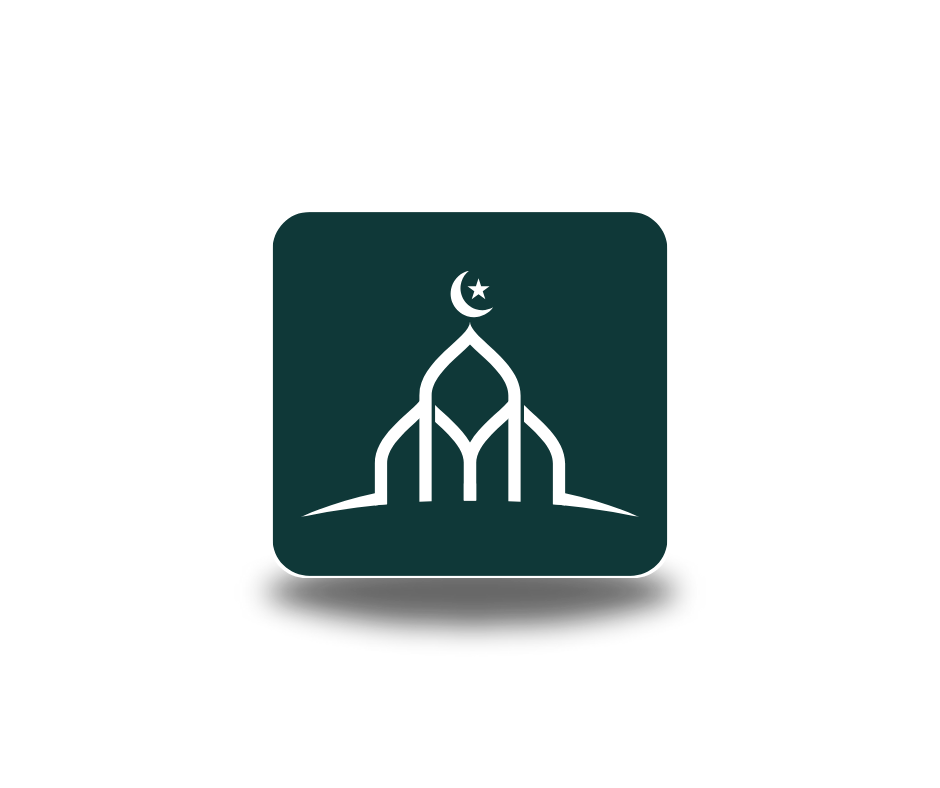The Power of Dhikr
In the Name of Allah, the Most Gracious, the Most Merciful.
In the hustle and bustle of our daily lives, it's easy to become distracted and lose sight of our spiritual well-being. We often find ourselves immersed in worldly affairs, neglecting the most vital aspect of our existence – our connection with the Divine. Amid this chaos, Dhikr, the act of remembering Allah, emerges as a powerful and transformative practice that allows us to reconnect with our Creator.
Understanding Dhikr
Dhikr, which is derived from the Arabic root word 'dh-k-r,' means remembrance or mention. It involves the repetition of specific phrases or prayers that remind us of Allah's presence and significance in our lives. This practice is a fundamental part of Islamic spirituality, and its benefits are both profound and far-reaching.
The Quran and Hadith on Dhikr
The Quran emphasizes the significance of Dhikr and its connection to inner peace and tranquility. Allah says in Surah Ar-Ra'd (13:28): "Those who have believed and whose hearts are assured by the remembrance of Allah. Unquestionably, by the remembrance of Allah hearts are assured."
Additionally, the Prophet Muhammad (peace be upon him) frequently encouraged his followers to engage in Dhikr. He once said, "The similitude of one who remembers his Lord and one who does not remember Him, is like that of the living and the dead."
The Power of Dhikr
Spiritual Connection: Dhikr acts as a bridge between our earthly existence and our spiritual reality. It helps us remain conscious of Allah's presence throughout the day, no matter how busy our lives may become.
Inner Peace: Engaging in Dhikr can bring a profound sense of inner peace and tranquility. It soothes the soul and alleviates stress and anxiety.
Strengthening Faith: Dhikr reinforces our faith and belief in Allah. It serves as a constant reminder of His existence and the importance of placing our trust in Him.
Forgiveness: Dhikr is a means of seeking forgiveness for our sins. The Prophet Muhammad (peace be upon him) said, "He who remembers his Lord and he who does not remember his Lord are like the living and the dead."
Protection from Negativity: Dhikr is a powerful shield against negative influences and temptations. It acts as a protective barrier for the soul.
Incorporating Dhikr into Your Daily Routine
Now, you might be wondering how to incorporate Dhikr into your daily life. Here are some simple yet impactful ways to do so:
Morning and Evening Adhkar: Start and end your day with the morning and evening supplications (adhkar) recommended by the Prophet. These include phrases like "Bismillah" (In the name of Allah) and "Alhamdulillah" (All praise is due to Allah).
Dhikr Beads: Use a set of dhikr beads to help you count the number of times you remember Allah. It can be a valuable tool for maintaining consistency in your practice.
Prayer and Quran: Ensure that your daily prayers and recitation of the Quran are moments of Dhikr. Be fully present during these acts of worship.
Remembrance in Times of Stress: Whenever you're facing stress, anxiety, or confusion, turn to Dhikr to find solace and guidance.
Seek Knowledge: Acquire knowledge about the various forms of Dhikr and their meanings to make your practice more meaningful.
Conclusion
Dhikr is a profound and transformative practice that can bring you closer to Allah and enhance your spiritual well-being. As you navigate the complexities of life, make an effort to remember Him in your daily routine. The act of Dhikr will not only elevate your faith but also fill your heart with a deep sense of peace and tranquility. Through Dhikr, we embark on a spiritual journey that fosters a stronger connection with the Divine, ultimately enriching our lives in every way.
ImamAI is here to support you in your spiritual journey, offering valuable tools and resources for your Islamic growth. Whether it's prayer times, Islamic knowledge, or connecting with like-minded individuals, ImamAI is your trusted companion on this path.

